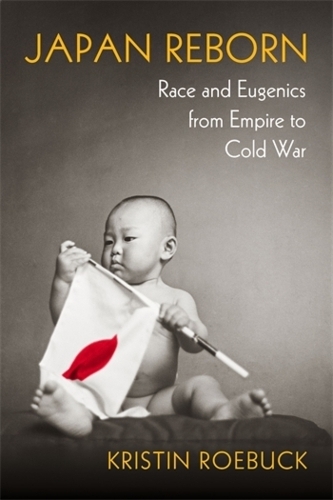
| 著者・編者 | Roebuck, Kristin, |
|---|---|
| 出版社 | (Columbia U. Pr., US) |
| 出版年 | 2025 |
| ページ数 | 320 pp. |
| ニュース番号 | <749-909> |
At the peak of imperial expansion in World War II, Japan touted itself as a multiracial paradise. The state, eugenicists, and media supported intermarriage and adoption as tools of empire, encouraging "blood mixing" to fuse diverse populations into one harmonious family. Yet after defeat in World War II, a chorus of Japanese policy makers, journalists, and activists railed against Japanese women who consorted with occupying American men and their mixed-race children. Why did Japan embrace "mixed blood" as an authoritarian empire yet turn to xenophobic racial nationalism as a postwar democracy?
Tracing changing views of the "mixed blood" child, Japan Reborn reveals how notions of racial mixture and purity reshaped Japanese identity. Kristin Roebuck unravels the politics of sex and reproduction in Japan from the invasion of Manchuria in the 1930s to the dawn of US-Japan alliance in the 1950s, uncovering eugenic ideas and policies that policed the boundaries of kinship and country. She shows how the trauma of defeat sparked an abhorrence of interracial sex and caused a profound devolution in the social status of "mixed" children and their Japanese mothers. She also unpacks how Japan's postwar identity crisis put pressure on the United States to bring Japanese brides and "mixed blood" children into the Cold War American family. Shedding light on the sexual and racial tensions of empire, occupation, and the Cold War, this book offers new ways to understand the shifting terrain of Japanese nationalism and international relations.